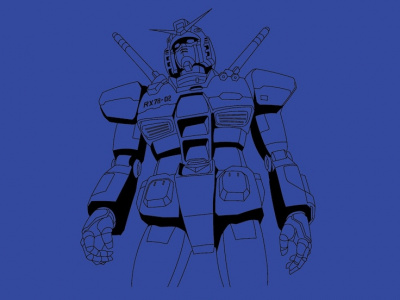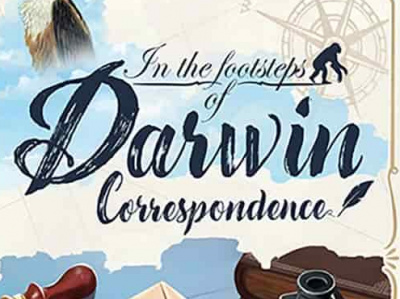In Part 3, we discuss the role of distributors, some final thoughts on retailer relations, and a brief discussion of the Games Workshop product line for the next few months. In Part 1, we talked about the company's new direction and how Games Workshop is serving retailers now. And in Part 2, we talked about how Games Workshop handles the conflicts between being a chain and e-commerce retailer of its own products and selling them through independent retailers as well.
What do you see as the role of distributors in your overall plan for reaching consumers?
I'm pleased to say we seem to have a very good relationship with all the distributors we deal with. We're very happy that we're dealing with them. I think they've got an important role. We've got a whole range of accounts at independent stores who do the vast majority, or even sometimes all of their purchases, with a distributor. Without that relationship with the distributor, we wouldn't be able to have Games Workshop product in their store. They offer a good way of getting us into outlets that we otherwise wouldn't be in. They certainly seem to be an excellent feeder source for getting new accounts for us as well, where they'll build up a store to a certain level and then that store will start buying some of their product from us and some from the distributor as they get bigger and bigger.
Distributors are a customer service backup as well. A good example is
Is there anything else you'd like to say about the Games Workshop relationship with retailers that we didn't cover?
Dealing with independent retailers has never been rocket science--it comes to the point I made at the beginning of we strongly feel we've got the right product so it's selling that product in the appropriate and pleasant way.
We've done a lot of work with our staff. We don't let any of our staff near the telephone until they've gone through a rigorous training program, an induction program. We've recently done a customer survey which leads me to believe we've made a lot of progress in the
That's pretty much it. It's a fairly simple plan. We're not going to try and complicate it by doing anything weird and wild. Strangely enough the plan works just as well as it does in
For retailers that aren't as familiar with your line coming up, what are the key product groupings coming up between now and the end of the year that retailers ought to be aware of?
Before I go into anything new that's coming out, I think the biggest change that people have noticed with Games Workshop that haven't dealt with us before is how we've broken down the range. That's certainly far more important to me than any new product at the moment. For example, the basic startup range that we advise anybody dealing with Games Workshop is called a stockist range, which is 53 product lines of our bestselling items, covering the three core games [Warhammer Fantasy, Warhammer 40k, Lord of the Rings]. That's pretty much the biggest initiative we've had over the last 18 months, and in going forward, it's still going to be the biggest initiative we have--getting people to understand that they can stock Games Workshop very well and very ably with a very compact range of those 53 items. Those 53 items, they're very stable in the range. We might replace one or two in a 6-month period, but they're consistently the top selling things we have. If somebody starts off with that range and they simply maintain that range, that is replace what they've sold, then there are no minimum orders; we pay all the shipping that goes to that store. That's the biggest initiative we have, and what we've found is that an awful lot of stores have come back to us in the past 6 to 12 months when they found out they no longer have to have $10,000 worth of inventory sitting on the shelf. They don't have to have that huge outlay to begin with. That's the main initiative we have is getting the stockist range out there and getting that understood.
As for new product, we've got a huge launch in October, which is Apocalypse, which is basically taking the Warhammer 40000 games to a new level. It introduces much bigger games, new formations and different ways of looking at the game and making the game look as spectacular as it should be. There's a load of really cool releases coming out in October, and we're really excited about that.
Also, what we've tried to do with Christmas is come up with items that are really legitimate holiday presents. Whether that's in the range of the paints, or hobby materials, or really good box sets for the games we have, this year there's been an awful lot of effort made on producing gifts especially for the holiday period. This is really in answer to the feedback that was given by a lot of independents globally over the last few years, which has been a lack of that Christmas gift or holiday product.







